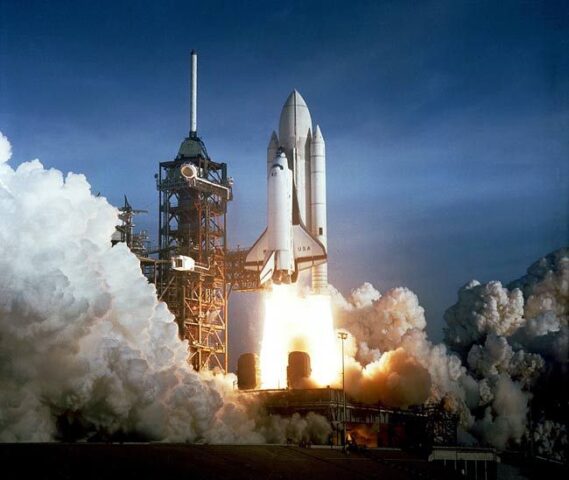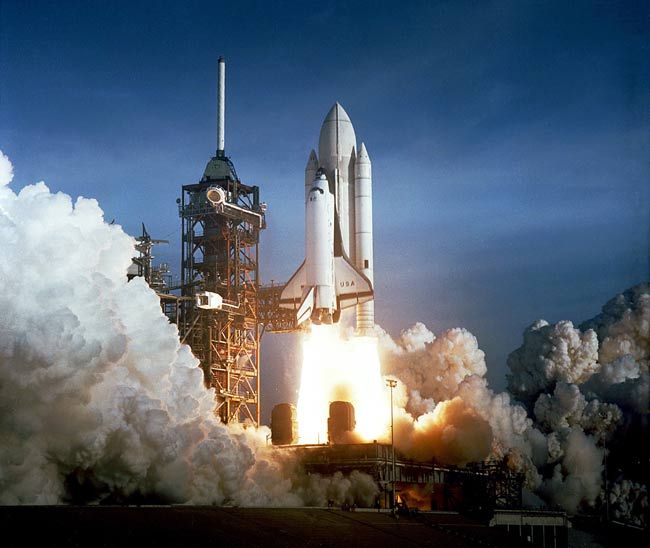
Space travel is a marvel of human ingenuity. But what happens to the human body in zero gravity? For urologists, the journey presents a unique set of challenges. From altered fluid dynamics to bone density loss, the effects of space travel on the urinary system are significant. Understanding these changes is crucial for astronaut health and future space exploration.
How Microgravity Affects the Kidneys and Bladder
In a weightless environment, the body’s fluids shift toward the upper body. This fluid shift tricks the kidneys into thinking there is too much fluid in the body. Consequently, the kidneys increase urine production. This means astronauts need to urinate more frequently. Additionally, the lack of gravity makes it difficult to urinate. Astronauts must use a specialized toilet with a vacuum system to collect and recycle waste. This system is a critical component of waste management for space travel.
Kidney Stone Risk in Space Travel
The risk of developing kidney stones dramatically increases during extended space travel. On Earth, gravity helps the body flush out calcium and other minerals. However, without gravity, these minerals can settle and form stones. A major contributor to this is bone density loss. Because astronauts do not bear weight on their bones in microgravity, their bones lose calcium. This excess calcium then gets filtered by the kidneys. Furthermore, dehydration can compound this problem. Astronauts sometimes do not drink enough water due to the inconvenience of urination in space. As a result, their urine becomes more concentrated, increasing the risk of stone formation. This is a primary concern for long-duration space travel.
The Urologist’s Role in Space Travel
Urologists are essential members of the space health team. First, they work to prevent urological issues before they occur. They help develop dietary guidelines for astronauts to manage calcium and oxalate intake. They also recommend specific fluid intake goals. Secondly, urologists are involved in designing and improving waste management systems. These systems are incredibly complex. They need to be efficient, hygienic, and capable of recycling water. Developing such a system for space travel is a significant engineering and medical challenge. Finally, urologists are on hand to treat any urological emergencies. A kidney stone in space could be a life-threatening event. Therefore, they develop protocols for managing stones and other urological problems in a confined environment with limited resources.
Future of Urology and Space Travel
As we prepare for missions to Mars and beyond, the role of urologists will become even more vital. The challenges of space travel will demand new technologies and medical procedures. For example, researchers are exploring non-invasive ways to detect and break down kidney stones. They are also investigating new ways to maintain bone density in microgravity. These advancements are not just for astronauts. They will have applications for patient care on Earth, as well. The lessons learned from space travel can benefit patients with chronic kidney stone disease. Indeed, the field of urology is literally reaching for the stars. It is an exciting time for medicine and for space travel.




